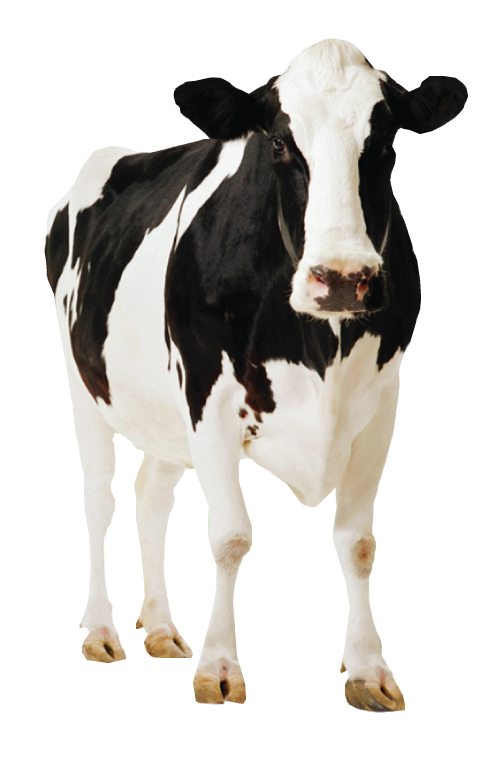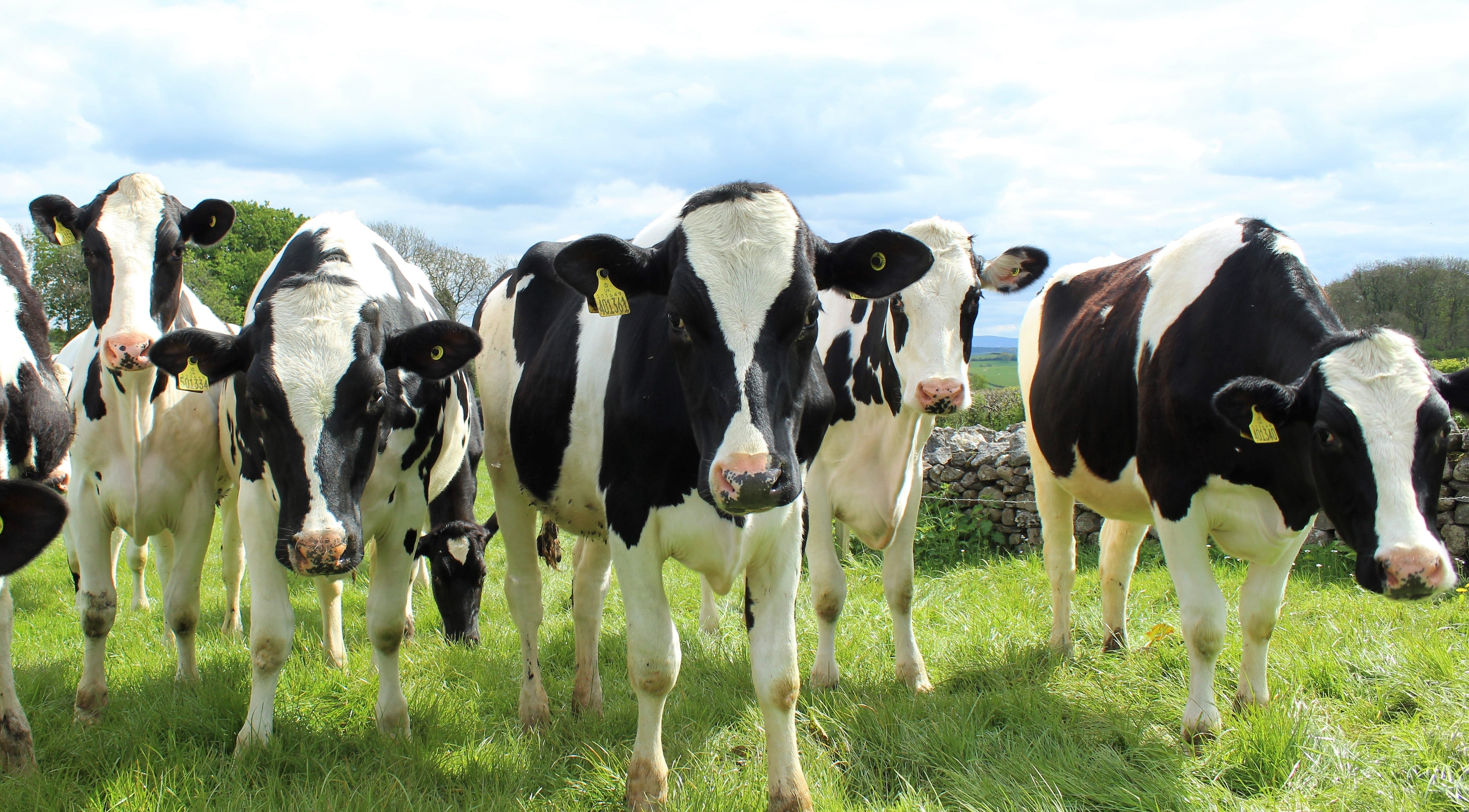Theileria orientalis includes a group of tick borne protozoan parasites that infect bovine red blood cells. Organisms within this group include Ikeda, chitose and buffeli. Infections with the Ikeda type often result in anaemia.

An initial diagnosis of Theileria is made by examining stained blood smears to visualise the parasite on RBCs. However all of the types present in New Zealand appear identical by light microscopy and very low numbers may be difficult to recognise. PCR is therefore required to make a definite diagnosis and to differentiate between the types.
If organisms are seen by light microscopy then PCR is required to confirm a diagnosis of Ikeda. If organisms are clearly seen by light microscopy but are PCR negative with the specific Ikeda test then they are either chitose or buffeli. An additional generic T. orientalis PCR test will confirm these types.
T. orientalis types chitose and buffeli do not usually cause anaemia, and are often present in cattle that are immunosuppressed by other concurrent disease. If anaemia is present in these animals then it is likely to arise from other causes, unless these animals are naïve, i.e. have never been exposed to Theileria. Buffeli can reportedly cause anaemia if introduced into a naïve herd. There are reports of T. orientalis being present in New Zealand many years before Ikeda was identified with infected animals presenting a wide range of clinical signs and diagnoses and where often there was no anaemia diagnosed. So in non-anaemic animals and animals with mild anaemia it cannot automatically be concluded that any organisms seen on blood smears are Ikeda. Even in more severely anaemic animals, other causes of anaemia should be considered and ruled out.
General causes of severe anaemia in NZ cattle other than Theileria include: haemorrhage (look for signs of haemorrhage into body cavities, GI tract, lungs), haemolysis e.g. Heinz body anaemia, ingestion of Brassicas, onions, post parturient haemoglobinuria (hypophosphataemia), bacillary haemoglobinuria, chronic copper toxicity, mycotoxins. Also bone marrow defects including neoplasia/ leukemia. Bovine haemoplasmas also need to be considered. Mycoplasma wenyonii may also cause anaemia. Candidatus Mycoplasma haemobos has also been detected in NZ.
Testing options available:
| Test | Description | Sample type | Turn-around time |
| Theileria screen | Haemoglobin, PCV and an estimate of Theileria numbers. | EDTA blood | 1 day |
| Theileria count | A count of the number of Theileria organisms seen per 1000 red blood cells. | EDTA blood | 1 day |
| Theileria PCR | Detects T. orientalis (Ikeda). Can test individual animals or as a pool (20 samples per pool). | EDTA blood | 5-7 days |
Causes of discordant results, namely positive smear examination and negative PCR:
- Suspect organisms are artefact. This usually occurs when the parasitaemia is very low.
- Infection with chitose or buffeli strains. The criteria for automatically testing when anaemia is present, assumes that the anaemia is a direct result of infection with pathogenic T. orientalis (Ikeda). However, it is possible for an animal to be anaemic from many causes other than Ikeda, with concurrent immunosuppression by other diseases such as BVD allowing organisms from other types to multiply.
If veterinarians and owners wish a routine check as to whether T. orientalis (Ikeda) is present in the herd then blood may be sent and tested either individually or in pools of up to 20 bloods. If Ikeda is negative then we can investigate further with a generic T. orientalis PCR for diagnosis of other types of Theileria.
When requesting testing for Theileria, please indicate clearly on your submission form which testing you require. for pricing, please refer to our current price book. If you have any questions or require any further information, please contact your Territory Manager or your local Awanui Veterinary laboratory.

